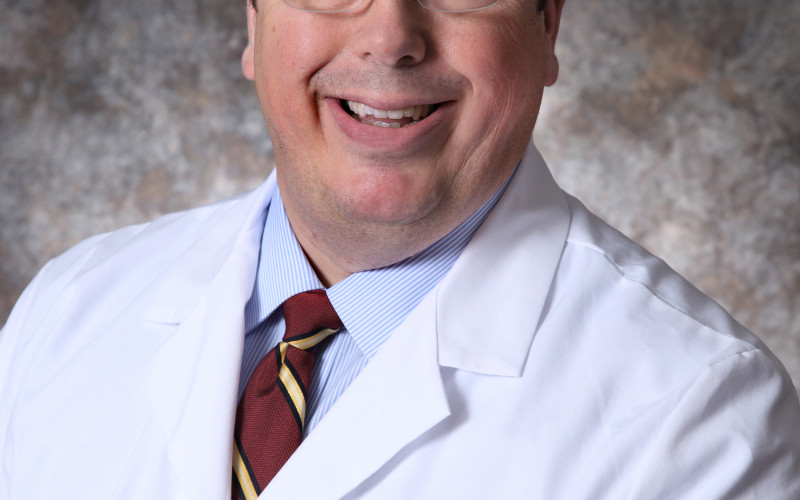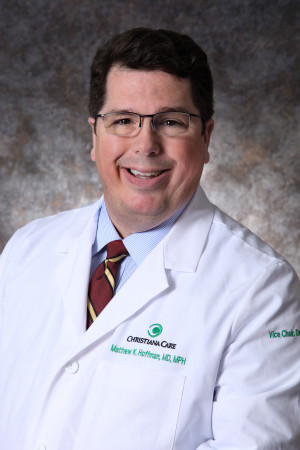Christiana Care researchers study impact of aspirin on pregnancies around the world


Two Christiana Care Health System physicians are leading a study that could dramatically improve the health of families throughout the world.
Matthew K. Hoffman, M.D., MPH, vice chair of both the Department of Obstetrics and Gynecology and the Division of Education and Research, and director of OB/GYN Research at Christiana Care, and Richard J. Derman, M.D., MPH, the Marie E. Pinizzotto, M.D., Endowed Chair of Obstetrics and Gynecology, designed an international three-year study to determine if low-dose aspirin offers an inexpensive, readily accessible standard of care in preventing preterm births and preeclampsia, a dangerous complication of pregnancy.
An estimated 15 million babies are born preterm and preterm birth complications are the leading cause of death among children under five years of age, according to the World Health Organization.
This multi-site study, funded by the National Institutes of Health, is the largest of its kind and will ultimately involve 12,000 women on three continents in five nations: two in India, and one each in Guatemala, Kenya, Pakistan and Zambia.
“This study could have a dramatic impact on improving pregnancy outcomes around the world – including in our own state where the preterm birth rate is high,” said Dr. Derman, principal investigator of the Global Research Network for Women’s and Children’s Health, the NIH-funded organization responsible for the study.
Part of Christiana Care’s mission to care for its neighbors is helping the global community by providing practical public health and clinical perspectives on health issues in resource-poor settings.
“The results of this study could establish aspirin use as a preventive standard of care in the U.S. and internationally,” said Dr. Hoffman who is lead investigator for the study. “There is convincing evidence that women who start aspirin before 16 weeks of pregnancy have fewer instances of preterm birth, low-weight babies, stillbirths and preeclampsia.”
He and Dr. Derman are working with Shivaprasad Goudar, M.D., and Bhala Kodkany, M.D., of partner organization Jawahalah Nehru Medical College in Karnataka state in India.
Aspirin has been in use since 400 B.C., when Aristotle suggested that broth made from the bark of a willow tree be used to reduce pain in childbirth. Willow bark contains salicylic acid, the active ingredient in aspirin.
“Aspirin is the oldest medicine known to man and has a very good track record of being well-tolerated with minimal side effects,” said Dr. Hoffman, who traveled to Zambia in November to start the research project there.
The study focuses women age 18-40 who are between six and 13 weeks pregnant and have not previously carried a pregnancy past 20 weeks. Half will receive 81 mg of aspirin a day, the equivalent of a baby aspirin, and half will receive a placebo.
Previous research indicates that aspirin helps to preserve blood flow to the placenta, which supports fetal growth. This study aims to build on that research to support the health of women and babies in developing countries, where there is limited care for premature babies.
“The outcomes of this study could make an enormous difference in the lives and health of women and families in our own state and around the world,” said Dr. Derman. “Preterm birth is still an all-too common occurrence and one that is critical to address as part of our commitment to population health. This study can benefit families for generations to come.”